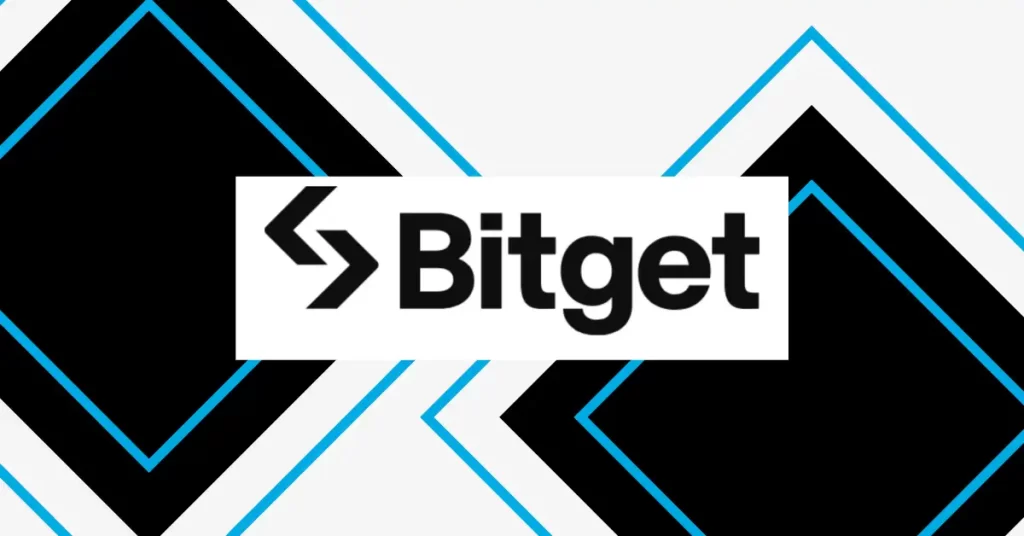
After news broke that the U.S. Securities and Exchange Commission (SEC) was suing Binance, the world’s largest cryptocurrency exchange, CEO Changpeng Zhao (aka CZ) I reached out to Twitter. CZ’s first tweet, just the number “4,” was posted as SEC Chairman Gensler was preparing for several TV interviews.
Message from CEO Zhao
Most people would be confused by this tweet. But for many of CZ’s eight million followers, the tweet was a message, a joke, a familiar reassurance attempt.
In CZ’s own words, “4” means “ignore FUD, fake news, attacks, etc.” FUD stands for “fear, uncertainty, doubt” and is often used in the cryptocurrency world.
Regulatory attacks on crypto assets have become so commonplace that one of the industry’s most influential players has come up with a canned answer. CZ’s tweets also suggest that the company’s regulatory strategy remains largely unchanged, even as it faces lawsuits from two of America’s largest financial regulators.
And in fact, it almost became a fact. Days after the lawsuit was filed (in the meantime, US-based rival exchange Coinbase was also sued), Binance said the SEC enforced regulation was wrong/customer funds were always safe/the company’s previous “compliance” was thwarted by an uncooperative SEC.
Binance claims
“While we take the SEC complaint seriously, it should not be subject to SEC enforcement action, let alone an emergency. We will do our best to protect our platform,” said Binance. said.
Of course, a few things are different this time. First, the company appointed a new “regional market manager”, Mr. RIchard Teng, who had worked as a regulator in Abu Dhabi and Singapore, and appointed exchanges in regions other than the United States (Asia, Europe, Middle East). I decided to let it run.
Multiple crypto strategists said it was a strategically effective PR ploy that could have softened the SEC’s deafening blow.
Second, Binance.US, a nominally independent entity, faces extremely pressing concerns after the SEC requested a “temporary seizure” of its assets. There have already been large-scale delistings, and trading volumes will drop significantly.
Difference in severity from Coinbase
The question, then, is whether Binance can continue to operate as it has and whether it can become a truly sustainable growth company in the long term.
It’s kind of a strange question, at least from my limited perspective, given the seriousness of the SEC’s allegations.
Binance and CZ are putting customer funds at risk and allowing wash trading on Binance US, in addition to the all too common allegations that Coinbase is also facing “not having the proper licenses needed to operate”. It has also been accused of enabling, if not facilitating, and improperly transferring customers’ funds without their consent.
In other words, Binance’s legal troubles are of a different type than Coinbase’s. The lawsuit focuses not only on whether the company listed unregistered securities, but also whether it misled customers about how its funds were being deployed on platforms outside the US that US citizens should not have access to. It is also placed on whether it implicitly encouraged trading.
Binance’s reputation was already downhill. Two months ago, the U.S. Commodity Futures Trading Commission (CFTC) sued Binance for mislicensing and offering the wrong financial product to U.S. consumers. In it, several documents and internal conversations were disclosed that show Binance to be a sometimes ludicrously incompetent company, a cutthroat company that puts customer funds at risk for growth. .
Impact of litigation
Experts now seriously question Binance’s viability as a brand. It’s worth mentioning here that the worst isn’t over yet.
Binance is currently facing two civil lawsuits and is also under pressure from the U.S. Department of Justice. The Department of Justice has launched a criminal investigation, and some Binance executives could even go to jail if the charges are successful. Asked whether the SEC lawsuit alone would shut down Binance, securities attorney and conceptual artist Brian Frye said, “It’s a very real possibility.”
If the SEC wins the lawsuit, which is expected to be well past Gensler’s term, it could impose hefty fines on Binance, including placing its token Binance Coin (BNB) under strict supervision. , could disable or downsize a significant portion of its business and permanently ban CZ from operating Binance or operating a financial institution.
The SEC also claims that Binance US is exposing $2.2 billion in US-based client funds to “substantial risk,” finding these funds linked to illegal activity. In that case, the funds may be returned.
The SEC has considerable discretion to force companies to cease certain activities and not deal in securities. Concerns are heightened given that Gensler considers all crypto assets, except bitcoin, to be securities.
To make matters worse, as Willkie Farr & Gallagher’s attorney Michael Lewis suggested, the SEC executive appears to agree with Gensler. A recent court filing pitted the top 10 cryptocurrencies by market capitalization, excluding Bitcoin (BTC) and Ethereum (ETH), against a U.S. government that wants to offer cryptocurrencies other than Bitcoin for trading. Bad news for exchanges.
But this article is not all about pessimism. Sure, a lot of money has been withdrawn from Binance, but at least at this point, it’s clear that it’s not a repeat of FTX where the money wasn’t there.
Binance auditors may have warned against commingling funds as of 2019, but even if the segregation was inadequate, it seems the funds were at least kept safe.
Binance has publicly denied conflating customer deposits with company funds. However, it is not yet known exactly how CZ’s shell companies, such as Merit Park and Key Vision Development Limited, handled the money.
General user reaction
Tarun Chitra, CEO of risk modeling firm Gauntlet, appeared on the podcast “Unchained” and said the modest outflow of deposits was simply like typical long-term holders in Chile and Abu Dhabi. Users around the world are not interested in what is going on between Binance and US regulators, he said.
For many, Binance is the most trusted choice when it comes to cryptocurrency exchanges, which is why it has grown by a wide margin to become the world’s largest crypto exchange. The accusations against Binance and its CEO are terrible, but that doesn’t mean they suddenly trust smaller national crypto exchanges any more.
Ordinary cryptocurrency users have accused Binance of using fraudulent means to attract “whales,” which are large holders, and of encouraging wealthy customers to use VPNs to bypass firewalls and trade. do you care? No, you’ll probably find it interesting.
The CFTC has found evidence that a significant portion of Binance’s revenue comes from US customers it shouldn’t serve, but the company still has a large global user base.
If the allegations against Binance are true, the boycott would be justified. CZ has been accused of making personal fortunes at the expense of its users (at the peak of the last bull market, stories circulated that CZ had more money than Elon Musk). .
But trust in the cryptocurrency industry is based on a different metric than in other financial industries. If banks once had to build strong cathedral headquarters to show potential customers that they were stable and long-lasting, trust is more ephemeral in the cryptocurrency industry. Thing. Binance grew because it had cryptocurrencies that people wanted to trade and was considered hack-proof.
way of survival
Blockchain Association CEO Jake Chervinsky says Coinbase has the option of not having to register as a stock exchange, even if it loses its lawsuit with the SEC. rice field.
Only crypto assets that prove to be securities should be delisted, as a former Coinbase executive has done since he was arrested for insider trading. On this point, the above-mentioned attorney Lewis also said, “It is unlikely that the current situation will result in laws and regulations that effectively ban crypto assets in the United States.”
Binance, too, may lose its iconic founder and CEO (although it may remain a major shareholder) as its cryptocurrency delisting reduces its earnings. We may also have to introduce an expensive management system that will lose a lot of potential users, and Binance US may be dead (although it didn’t seem to have many users in the first place).
Fines from the SEC and CFTC combined could drive the company into bankruptcy, and pressure from US lawmakers, including Senator Warren, could force the Justice Department to get involved.
In some ways, Binance is transcendent. If the company’s worst sin was falsifying fake Internet money trading volumes, users would forgive it. Of course, it all depends.
Binance is now the target of SEC wrath. Because of its arrogance, the SEC tried to bring the headquartered exchange into the realm of American law. Maybe that will force Binance to bow down and follow the laws it always should have.
But there are plenty of people who speak the same language as CZ who are willing to “ignore fake news, uncertainty and doubt.” So let me give you four words. “Can’t kill an idea.”
|Translation and editing: Akiko Yamaguchi, Takayuki Masuda
| Image: Binance CEO Changpong Zhao (CoinDesk)
|Original: Can Binance Survive the SEC’s Charges?
The post Can Binance Survive? | CoinDesk JAPAN | Coin Desk Japan appeared first on Our Bitcoin News.

 2 years ago
95
2 years ago
95














 English (US) ·
English (US) ·